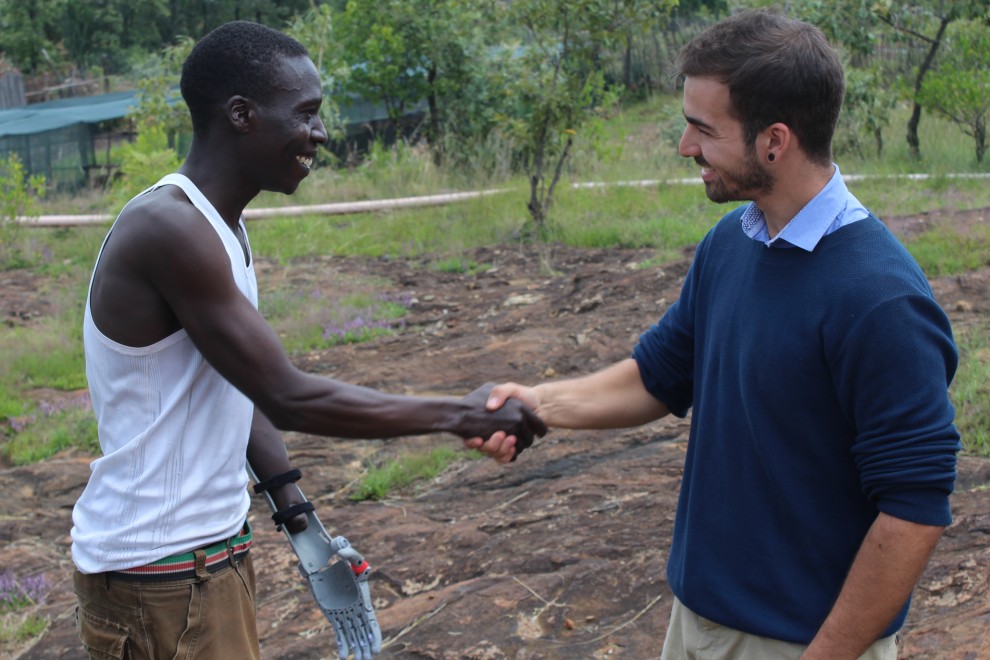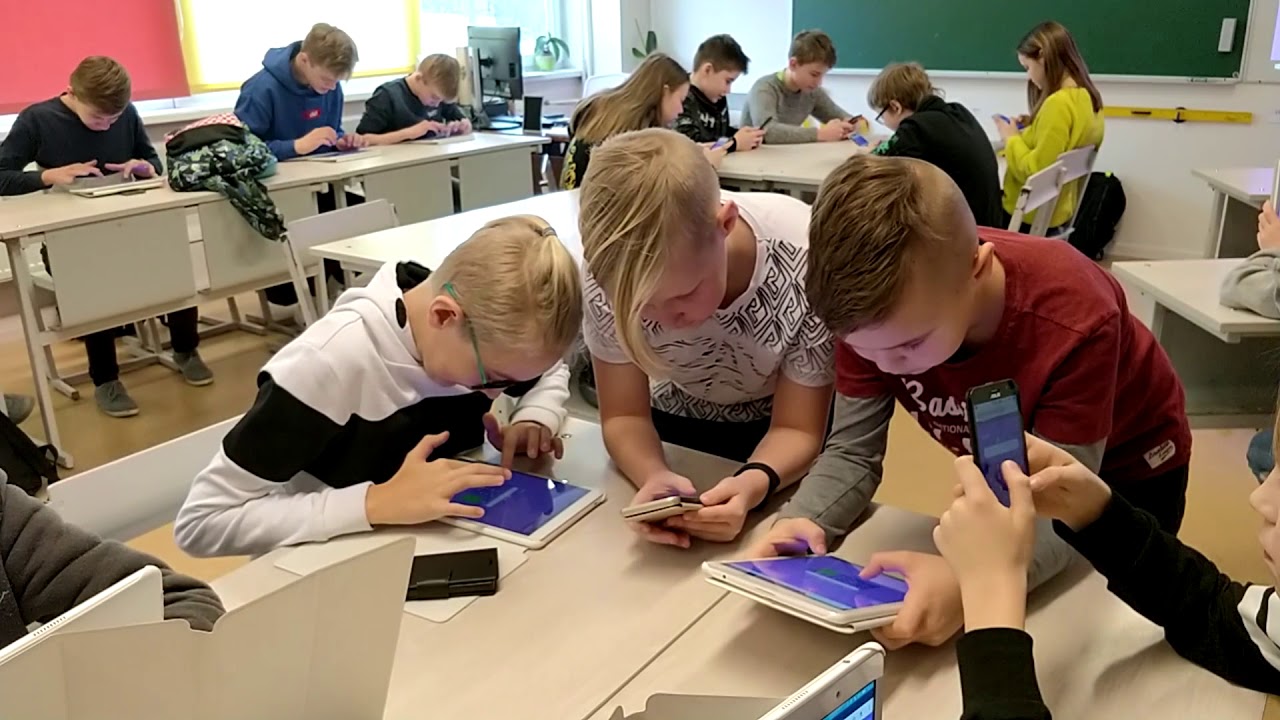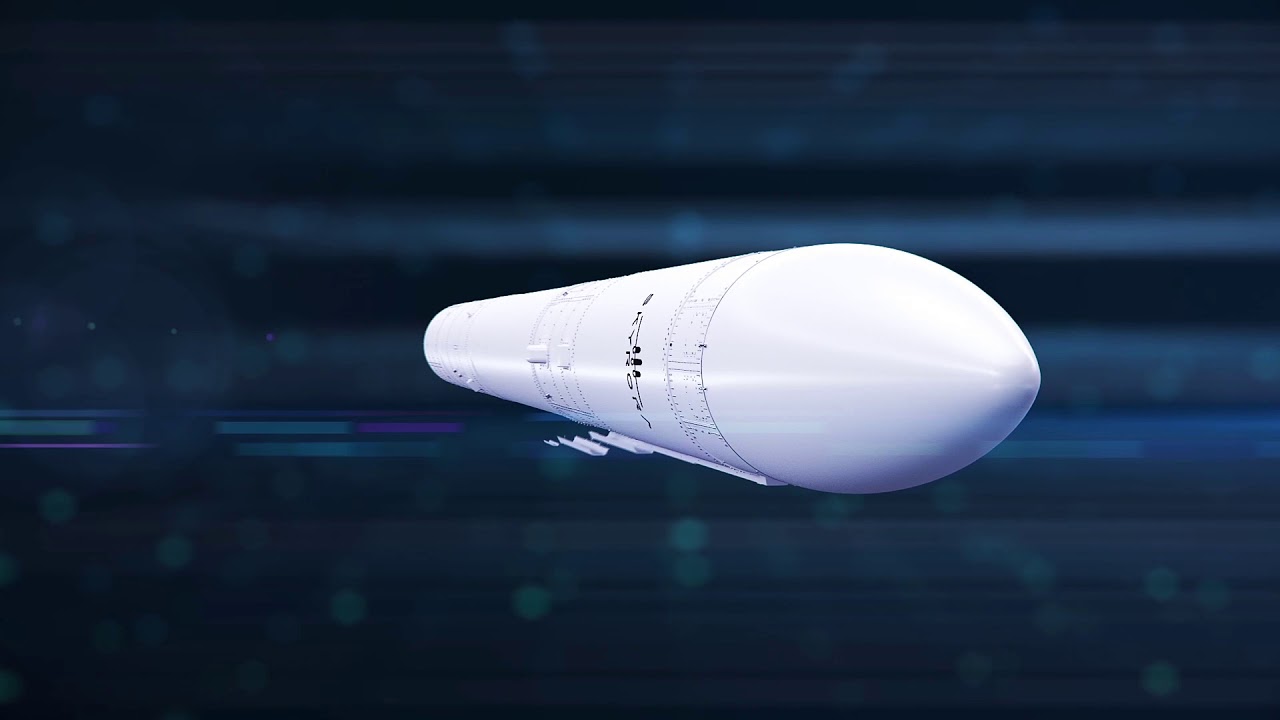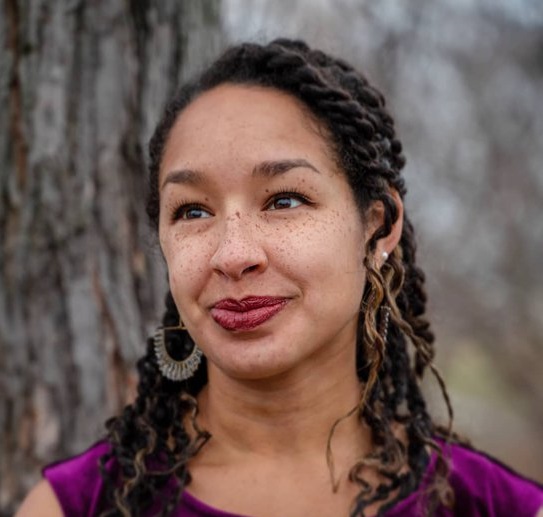In recent years, 3D printing has been used to transform a variety of industries. From rockets and entire houses to pieces of the human heart and middle ear, the technology is changing the way people experience their surroundings and giving them a new lease on life.
When industrial engineer Guillermo Martínez bought his first 3D printer, he had no idea that he would be among the innovators changing lives through the technology.
In 2017, Martínez purchased a 3D printer for under $200 to create things for his own amusement. At the time, he worked at Madrid-based Juguetrónica, a store that develops and sells toys. By watching YouTube tutorials, he learnt how to build robots and other objects to entertain himself during his down time.
One of these videos sparked a desire in him that eventually inspired him to found Ayúdame3D, a 3D printing company that creates prosthetic limbs for those in need—completely free of charge.
“I learnt how to build robots by watching YouTube tutorials and at university, but the turning point was when I started building parts to assemble bigger things,” he told Tech Insider in January 2019. “One day, I found the prototype of a one-hand prosthesis on the Internet, and I started putting it together in ways that made me laugh.”
He then shifted from creating robots to developing entire hands.
“I started making many 3D-printed hand prostheses for fun,” Martínez continued. “Then I thought to myself, ‘What if this can actually help someone?'”
At the time, he was preparing for a volunteering trip in Kenya. He contacted the Bamba Project as well as an orphanage in the country, not thinking that he was going to find anyone who would be interested in his device. The next morning, he received six Whatsapp messages from people in Kenya interested in the prosthetic limbs.
Using high-tension wires, rubber bands, and PLA—the most common type of plastic—Martínez developed collapsible limbs that could carry up to 10 kilograms (22 pounds).
“I realised that we are doing something to change some people’s lives a little and helping them be more independent in their daily lives,” he said in an interview with Iberdrola. “I remember the teacher in Kenya who told me that at last he would be able to pick up a book and a piece of chalk during his classes.
“It opened my eyes to continue with the project and create Ayudáme3D to be able to offer this help all over the world.”
Since then, Ayúdame3D has gone on to help about 150 people annually in 34 countries. Through corporate social responsibility (CSR) programmes, the organisation collaborates with companies, social organisations and individuals to offer the prostheses free of charge.
“All things like this require some form of financing, of course, but the end goal is to develop new tech for children, in addition to partnerships with NGOs,” he said. “This isn’t a money-making scheme.”
Ayúdame3D has touched so many people that Martínez was granted the World Youth Forum award—an honour that caught the young social entrepreneur completely off guard.
“I wasn’t expecting it at all,” he recalled, “I was being invited to a forum in Egypt, to a round table on tech volunteering. The day before, they told me that they were going to give me a prize and I was so shocked.
“This is the sort of thing that’s propelled me to carry on, because I can see people have faith in it.”
He was also invited to give a TEDx talk, entitled “Happiness can be printed.”
The organisation’s most recent development is the Trédesis Vicky—the world’s first non-electronic arm to enable people without elbows to grasp objects. Ayúdame3D also offers the Trésdesis Mery for people with elbows and Trésdesis Nelly for those with wrists.
As the devices use the most common type of plastic, Ayúdame3D can collaborate with anyone worldwide with a 3D printer who wishes to help.
The organisation is also giving back to the next generation of innovators. All throughout Spain, the A3D:kids programmes encourage children to pursue social impact initiatives through novel technologies. In the programme, participants also have the opportunity to 3D-print a limb for someone in need.
“There are everyday things we do in our daily lives that we take for granted, and we don’t realise how lucky we are,” Martínez said. “For others it’s a constant struggle, and that’s why I set up Ayúdame3D to do my own bit, however small.”




